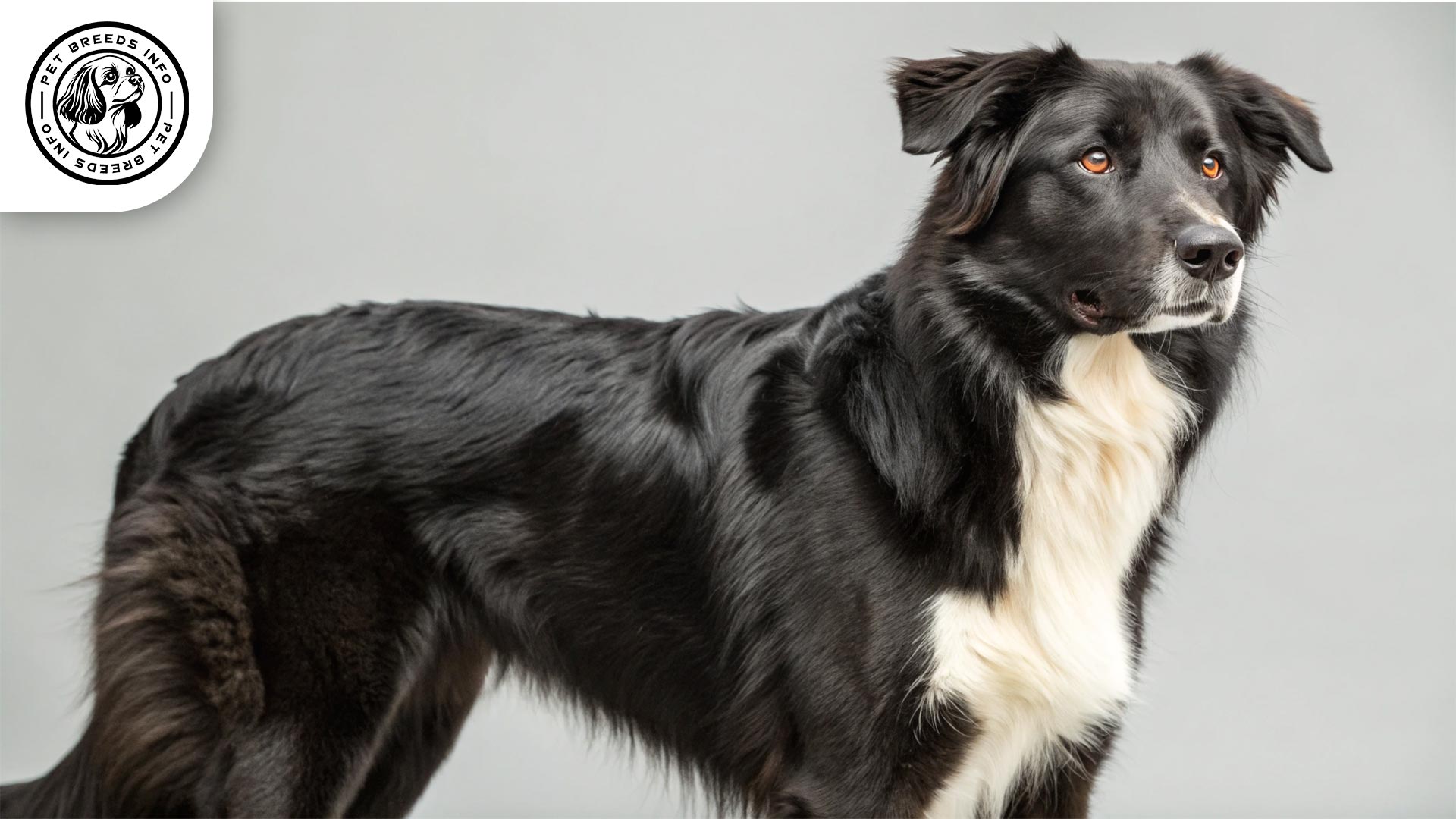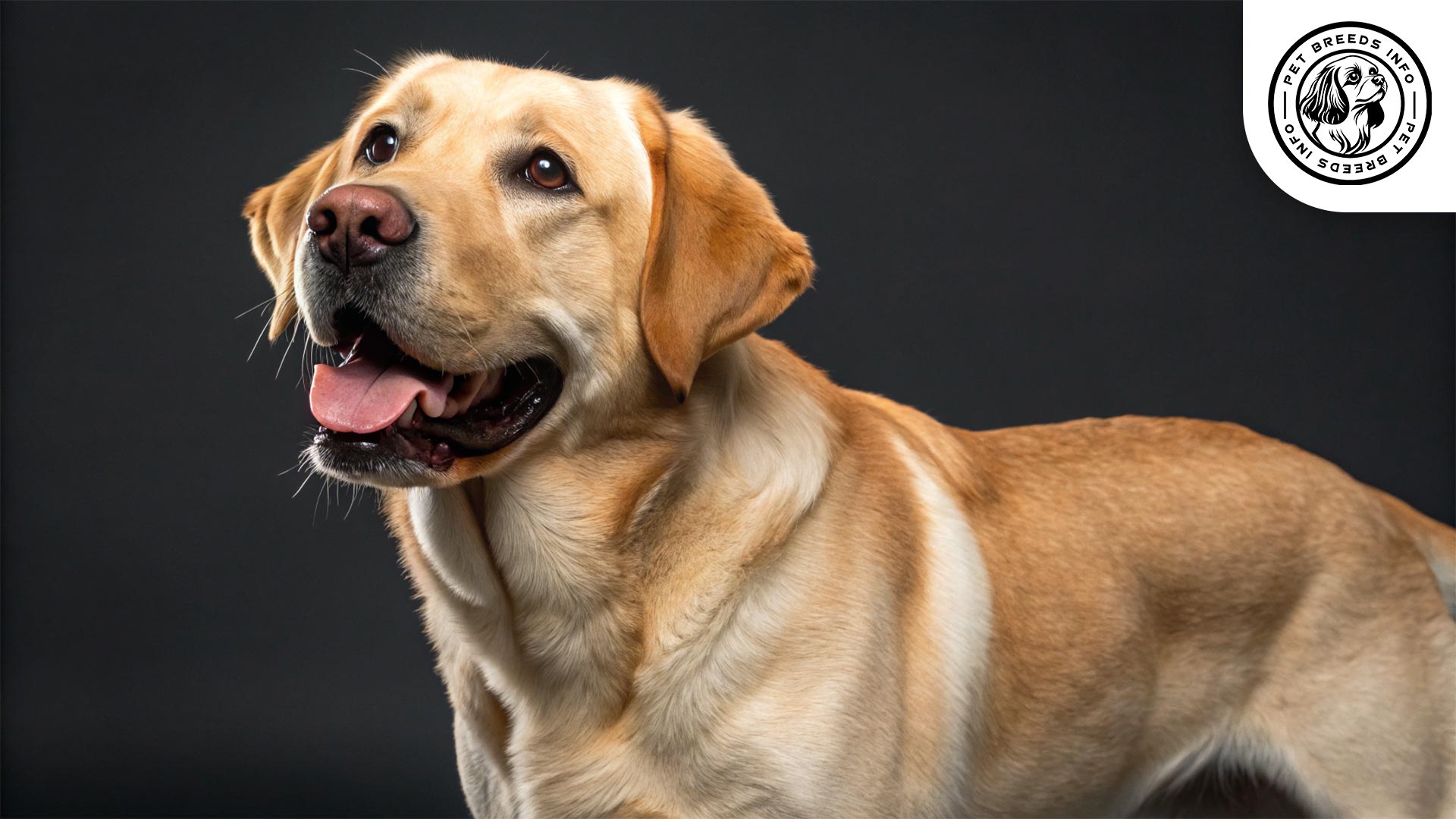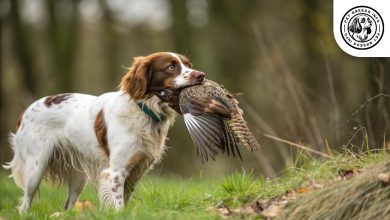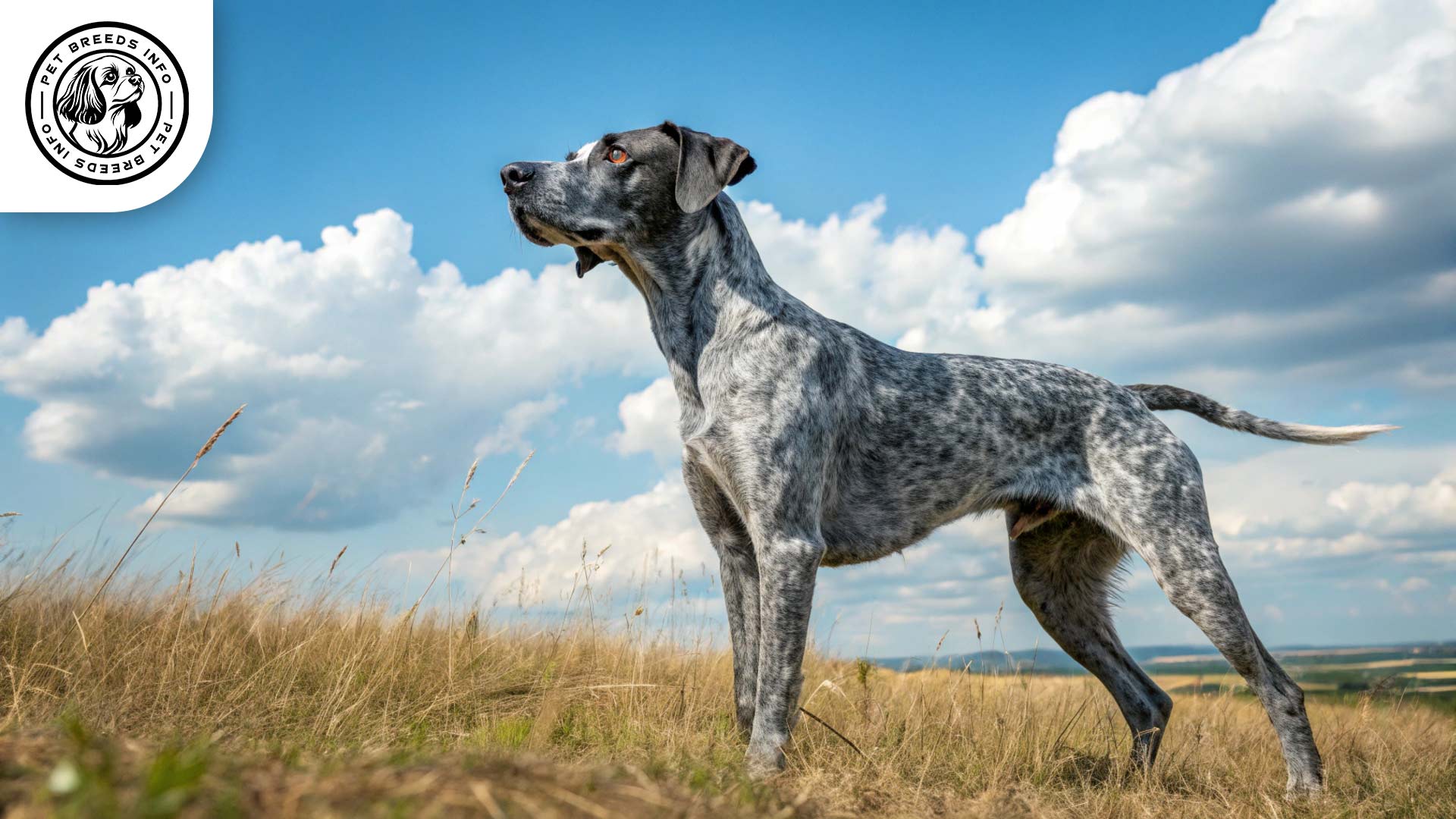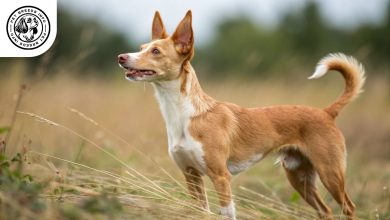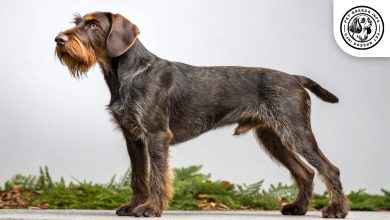Bulgarian Shepherd Dog Breed: Size, Price & Personality
General Introduction of the Breed
The Bulgarian Shepherd Dog, also known as the Karakachan Dog or Каракачанско куче in Bulgarian, is a strong and independent breed originating from Bulgaria. It was historically used by the Karakachan people, an ancient Balkan nomadic group, for guarding livestock against predators. With its protective nature and deep-rooted history, this breed remains a valuable working dog as well as a devoted companion.
Table of Contents
| Weight | Males: 40-55 kg (88-121 lbs) Females: 35-50 kg (77-110 lbs) |
| Lifespan | 12-14 years |
| Diet | High-quality, protein-rich food. Feed adult twice, puppies 3-4 times daily. |
| Care | Daily exercise, large yard needed. Brush 2-3 times/week. Moderate-high shedding. Tolerates cold, sensitive to heat. Basic hygiene. |
| Health | Prone to hip/elbow dysplasia, bloat. Regular vet checks. |
| Color | White with black, brown, or gray patches; solid colors. |
| Nature | Intelligent, independent, protective. Needs training & socialization. |
| Price | $500 – $1500 |
Physical Characteristics
The Bulgarian Shepherd Dog is a large and powerful breed with a well-balanced body structure. Males typically stand between 63-75 cm in height and weigh between 40-55 kg, while females are slightly smaller, standing between 60-70 cm and weighing 35-50 kg.
It has a thick, dense double coat that can be either medium or long in length. Common coat colors include white with black, brown, or gray patches, as well as solid-colored variations.
The breed has dark brown, almond-shaped eyes that give it an intelligent and alert expression. Its ears are medium-sized, triangular, and slightly droop down. The tail is long, and when relaxed, it usually hangs down, but when alert, it may curl up over the back.
One of the most distinctive physical traits of the Bulgarian Shepherd Dog is its muscular build and sturdy frame, which contribute to its endurance and working abilities.
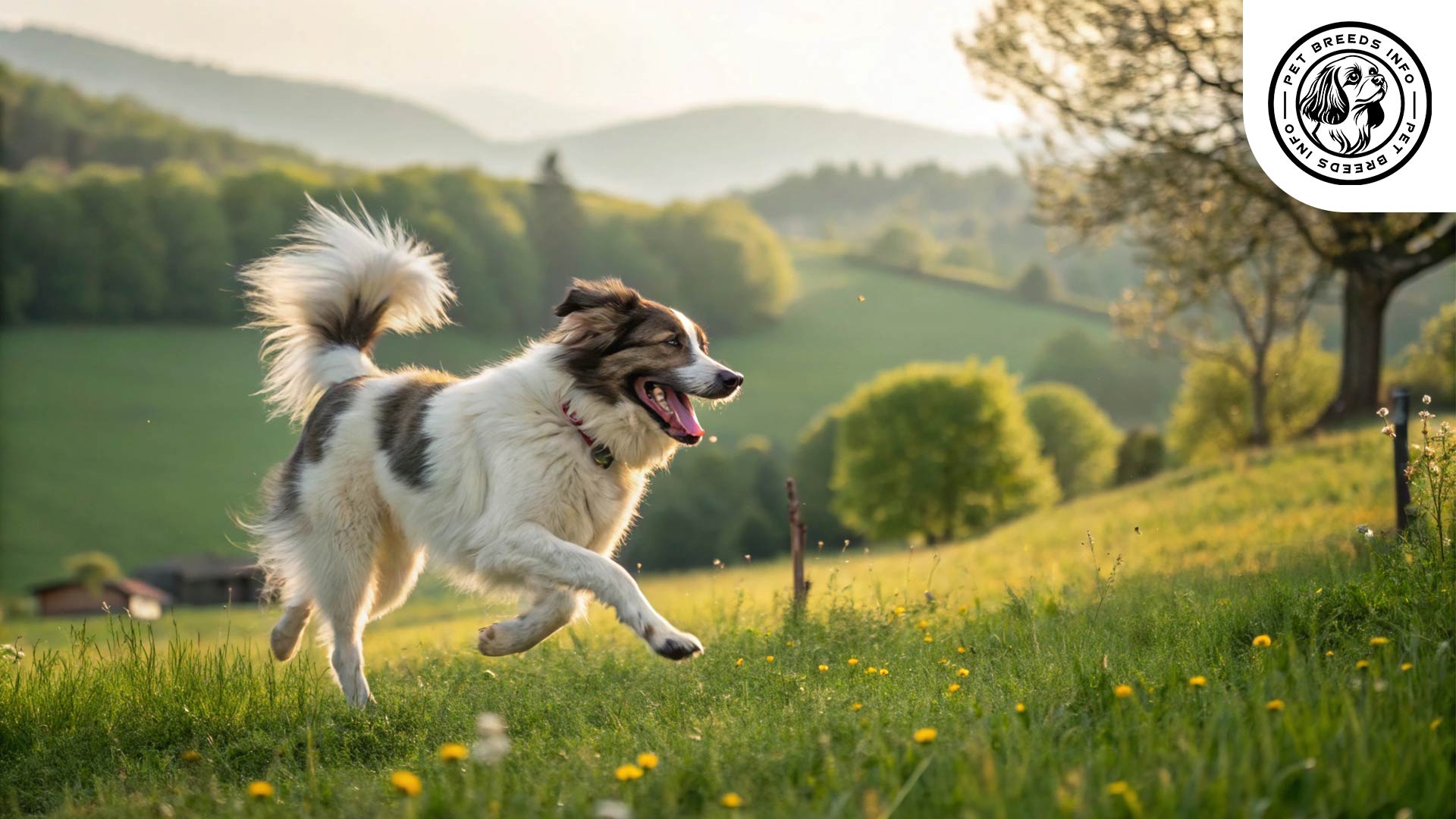
Personality and Temperament
This breed is highly intelligent and learns quickly, though it tends to be independent and strong-willed. It requires consistent training from an early age to develop good behavior.
The Bulgarian Shepherd Dog has high energy levels and needs plenty of space to move. It is devoted and deeply attached to its owner but can be wary of strangers, making it an excellent guard dog.
With proper socialization, it can be gentle around children, though early exposure is key. Due to its guarding instincts, it may not always get along with other pets unless properly trained. It has a natural instinct to protect and may display defensive behavior when it perceives a threat.
This breed is sensitive to significant environmental changes, and it thrives best in calm and structured households where it has a job to do.
Read More: Bolognese Dog
Care and Maintenance Requirements
The Bulgarian Shepherd Dog requires daily exercise such as long walks, runs, or playtime in a secure area. It is not suitable for apartment living and thrives in homes with large yards or rural settings.
Its thick coat requires regular brushing, at least two to three times a week, to prevent matting. Shedding is moderate to high, with heavier shedding occurring during seasonal changes.
It is highly resistant to cold weather but may struggle in very hot climates due to its thick fur. Providing shade and access to water is crucial during warm months.
Basic hygiene includes regular nail trimming, ear cleaning, and dental care. Bathing should only be done when necessary to avoid stripping natural oils from the coat.
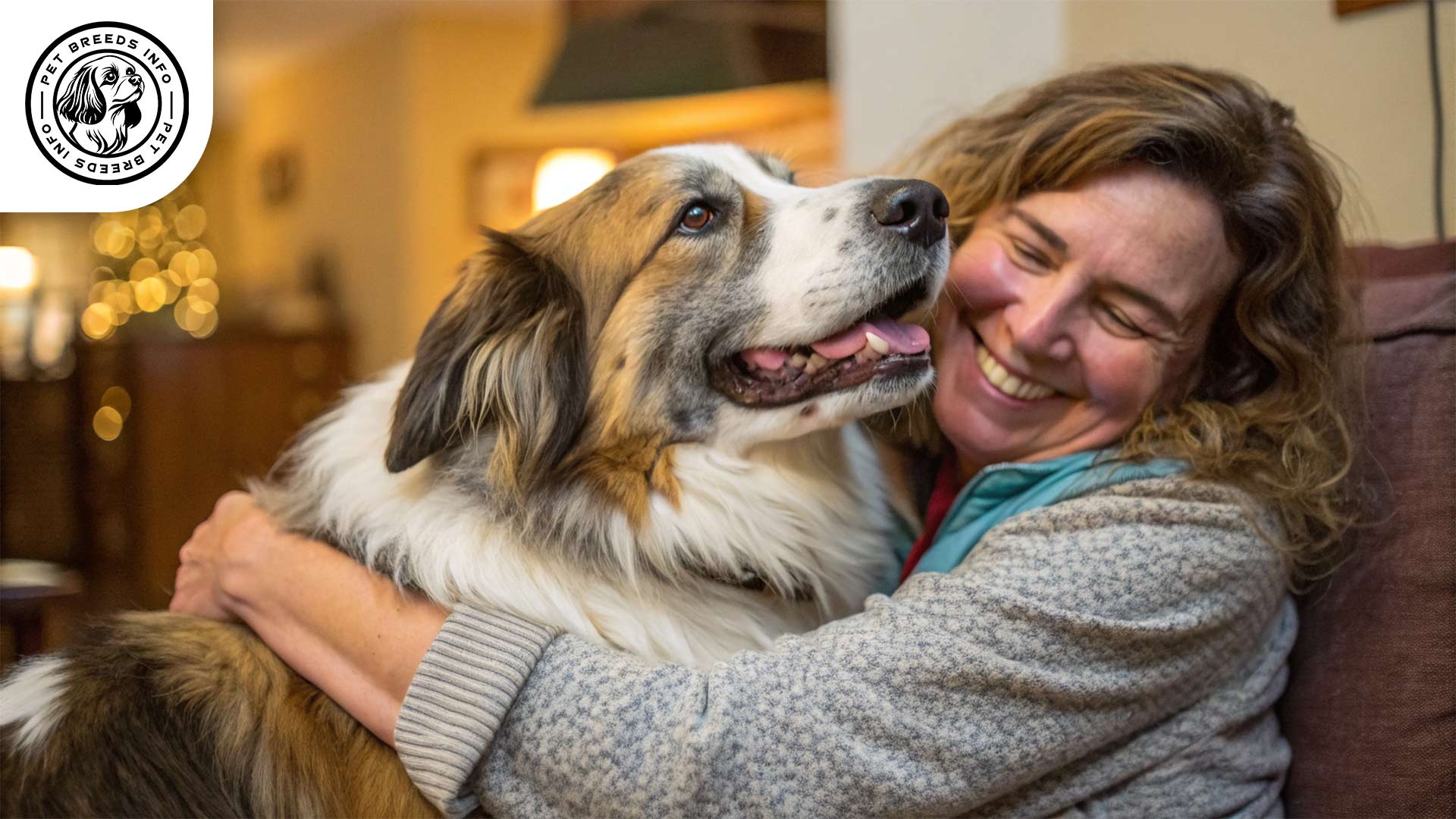
Diet and Nutrition
A well-balanced diet consisting of high-quality dry or raw food is ideal for this breed. Protein-rich meals with essential nutrients support its muscular frame and overall health.
Foods such as chocolate, onions, grapes, and excessive fats should be avoided as they can be toxic or cause digestive issues.
It is recommended to feed adult dogs twice a day, while puppies may require three to four small meals daily.
Health and Common Medical Issues
The Bulgarian Shepherd Dog is generally a healthy breed but may be prone to hip dysplasia, elbow dysplasia, and bloat. Regular veterinary check-ups and health screenings can help detect and manage these conditions early.
The breed has a lifespan of 12-14 years with proper care. Routine vaccinations, deworming, and flea and tick prevention are necessary for maintaining overall health.
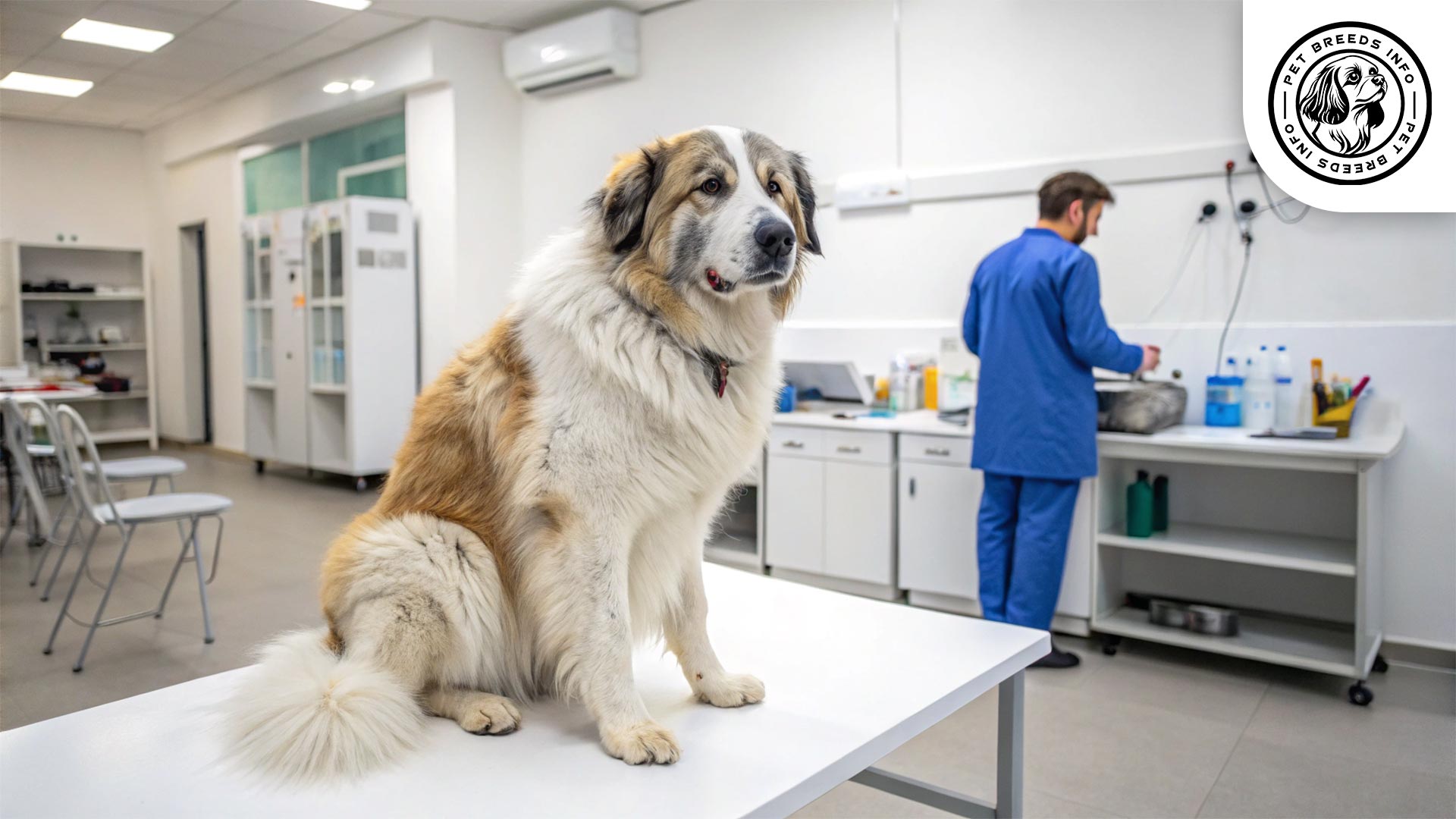
Training and Behavior Management
Training requires patience and a firm yet positive approach. Consistency is crucial, as this breed is independent and may challenge authority.
Early socialization is highly recommended to prevent territorial or overly protective behavior. Exposing the dog to various people, environments, and other animals from an early age helps in creating a well-rounded temperament.
Positive reinforcement, using praise and treats, works best. Harsh or punitive methods should be avoided as they can lead to fear-based responses.
Read More: Xoloitzcuintli Dog
Interaction with Other Animals and Humans
The Bulgarian Shepherd Dog can be very protective of children in its family but should always be supervised around young kids to prevent accidental rough play.
While it can coexist with other pets if raised with them, it may show dominance toward unfamiliar animals due to its guarding instincts.
This breed is better suited for experienced dog owners, particularly those who have the time and knowledge to properly train and manage a large guardian breed.
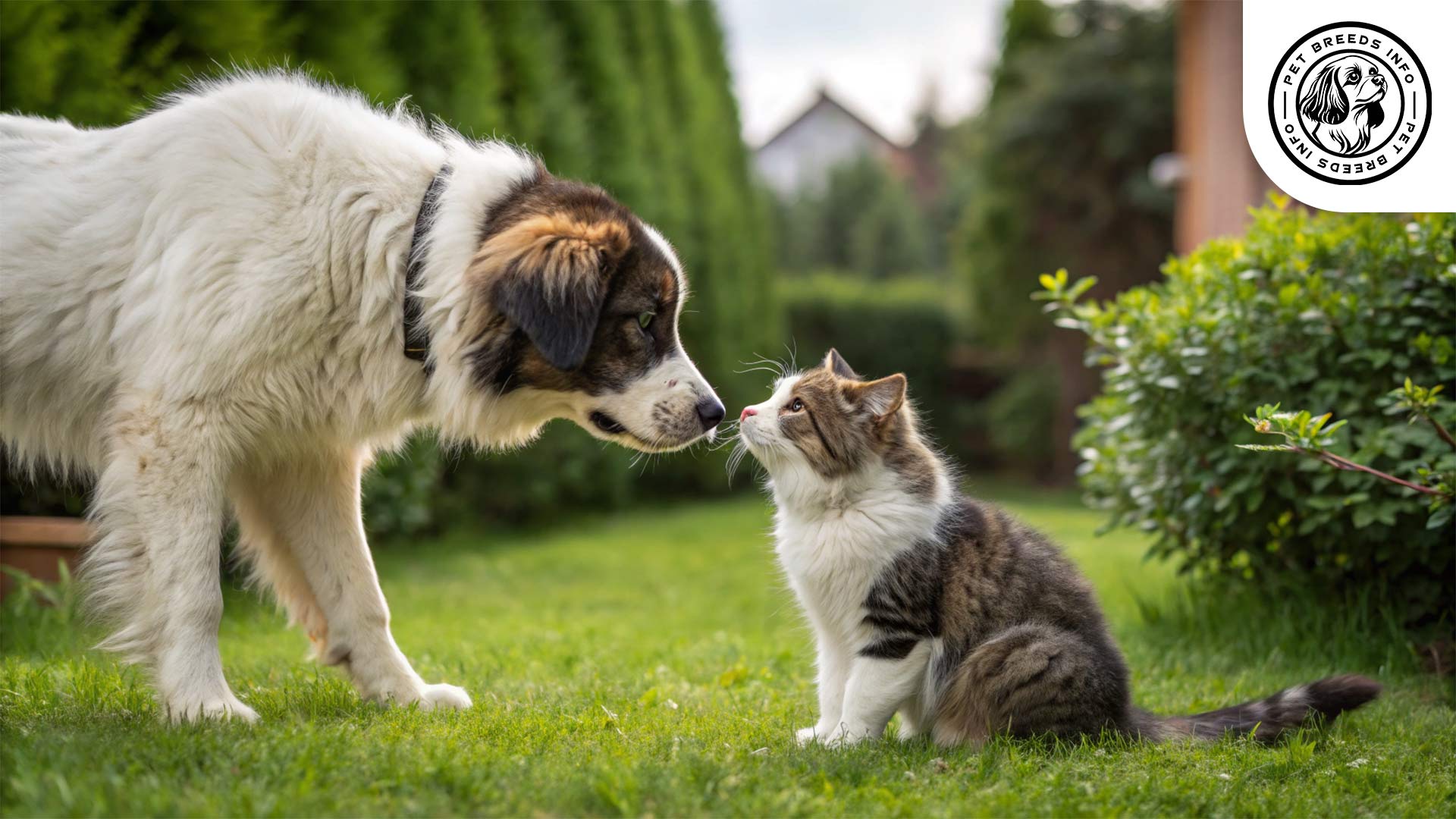
Price and Availability
The cost of a Bulgarian Shepherd Dog varies depending on the breeder and location, generally ranging between $500 to $1500. It is important to buy from reputable breeders who conduct health screenings.
Adopting from shelters or breed-specific rescues is a great option for those looking to provide a home to a dog in need.
Conclusion and Final Thoughts
The Bulgarian Shepherd Dog is not suitable for all owners due to its strong guarding instincts and independent nature. It requires an owner who can provide firm leadership, proper training, and enough space to accommodate its needs.
This breed thrives in rural or farm environments where it can fulfill its natural guarding instincts. Potential owners should consider the time and dedication required before choosing this breed.
For those looking for a loyal, protective, and hardworking companion, the Bulgarian Shepherd Dog is an excellent choice with the right care and training.
Read More: Bergamasco Sheepdog
FAQ
What is the typical temperament of a Bulgarian Shepherd Dog?
This breed is intelligent and independent, with a strong-willed nature. They are deeply devoted to their owners but can be wary of strangers, making them excellent guard dogs. They require consistent training and early socialization.
How much exercise does a Bulgarian Shepherd Dog need?
Bulgarian Shepherd Dogs have high energy levels and need plenty of daily exercise, such as long walks, runs, or playtime in a secure area. They are not suitable for apartment living and thrive in homes with large yards or rural settings.
Is the Bulgarian Shepherd Dog good with children and other pets?
With proper socialization from an early age, they can be gentle around children. However, supervision is always recommended. Due to their guarding instincts, they may not always get along with other pets unless they are raised together and properly trained.
What are some common health concerns for Bulgarian Shepherd Dogs?
While generally healthy, the Bulgarian Shepherd Dog may be prone to hip dysplasia, elbow dysplasia, and bloat. Regular veterinary check-ups and health screenings are important for early detection and management.
